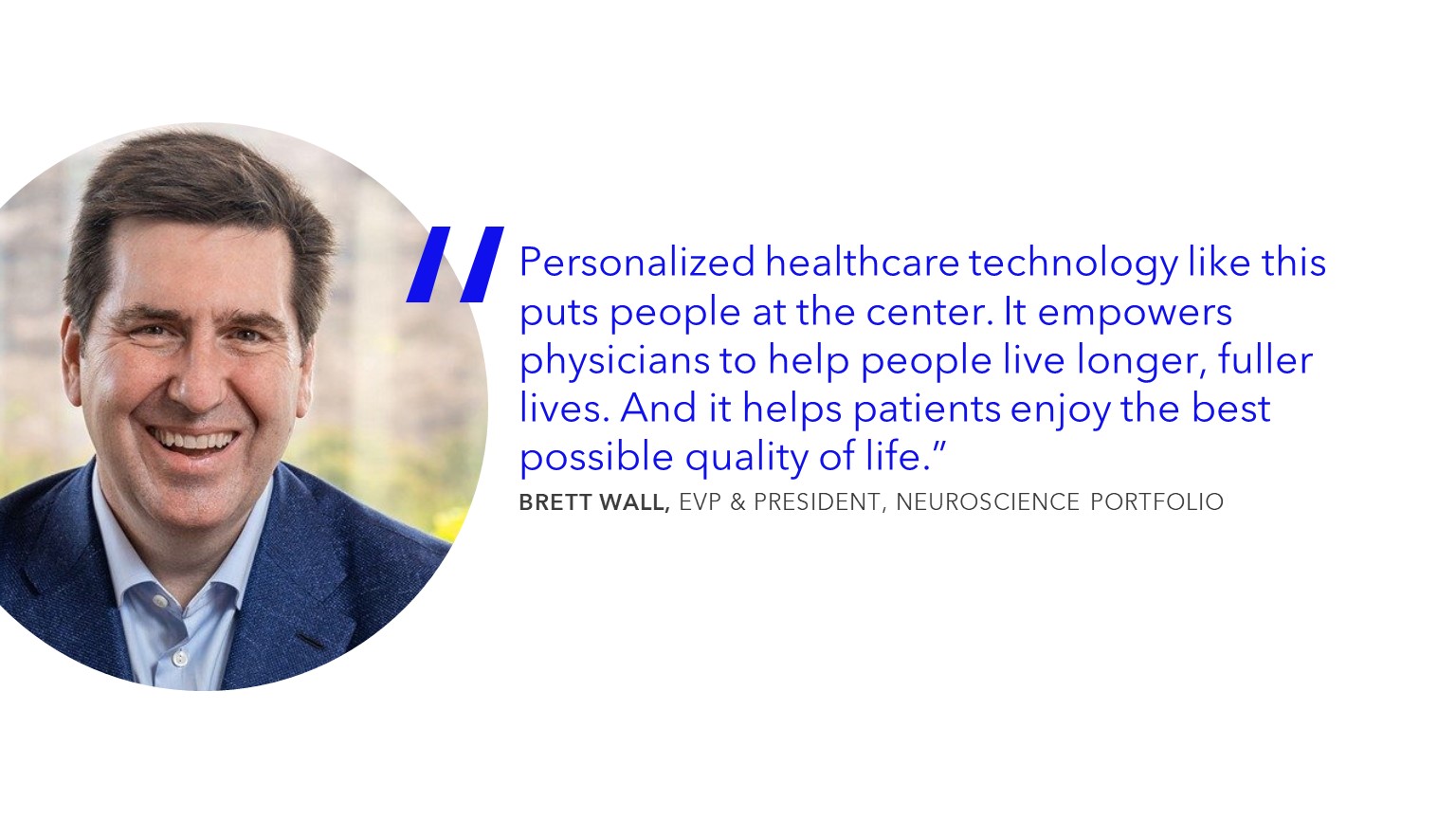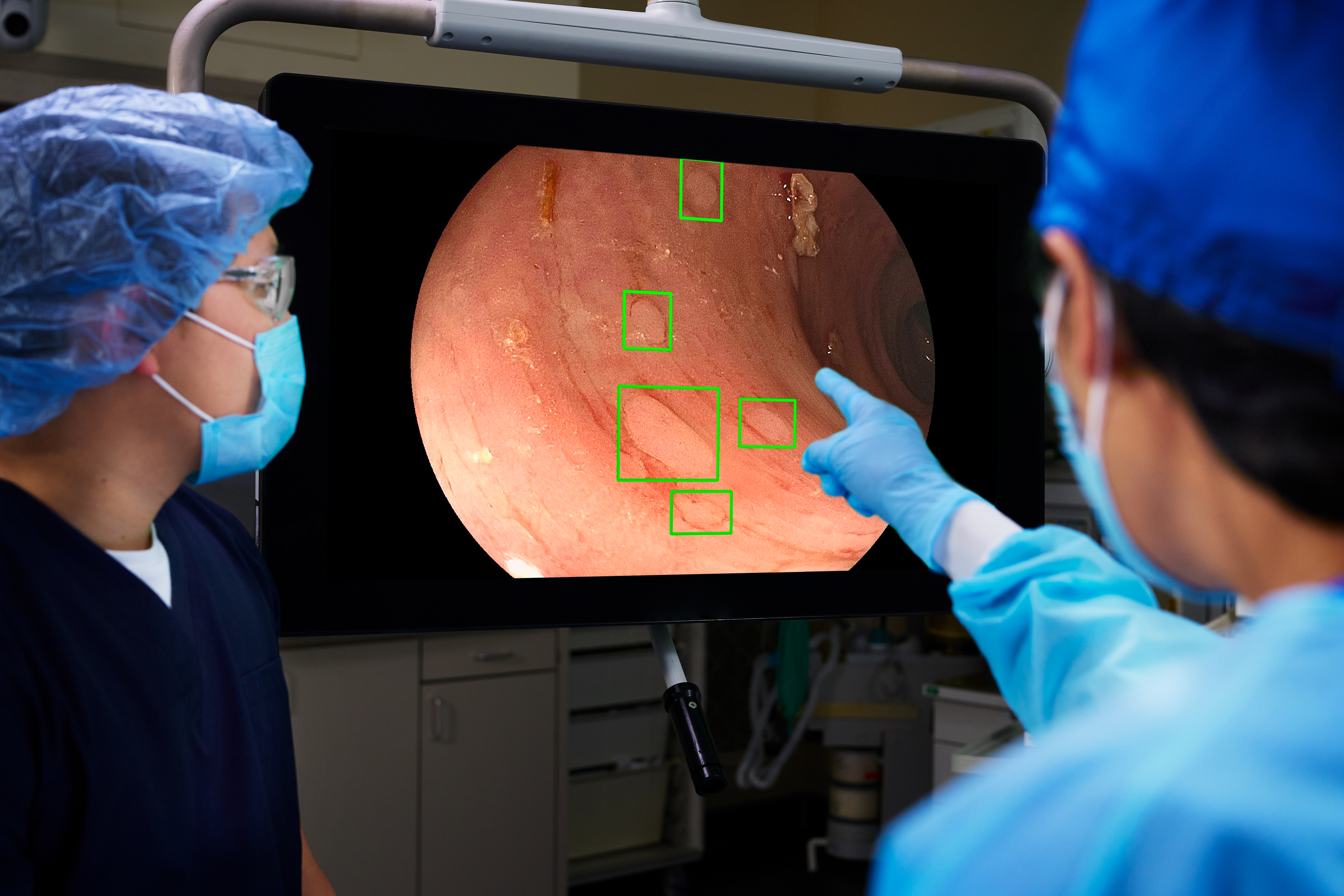You’re unique. Your healthcare should be, too
3 things to know about personalized healthcare technology
In a world where everything can be catered to your unique needs — from meal delivery kits to fitness apps to Netflix recommendations — shouldn’t your healthcare be, too?
What does personalization in healthcare technology mean? It can look like physicians determining the right surgeries for the right people at the right time, including whether surgical intervention is needed at all. Someday, it could look like disrupting cellular patterns in tumors without disturbing the good cells.
Here are three things to know about personalization in healthcare technology, including how it’s transforming patient outcomes today, and where it’s headed:
- Personalized healthcare technology puts patients at the center.
There’s nothing more personal than your health. That’s why everybody’s care should be just right for them.
Patients and clinicians both benefit from personalized care. It can help people live longer, fuller lives and it enables physicians to do more to reduce variability and produce more predictable outcomes.

- Unique insights about individual patients can be turned into life-transforming outcomes.
No two patients are exactly alike and rapid advancements in data and artificial intelligence, combined with scientific breakthroughs, are driving a personalized approach to diagnosing and treating a growing number of conditions. AI puts people first by helping tailor treatment to each individual. It can scan thousands of images in real time to enhance clinical decision-making, which helps inform a diagnosis or improve procedure outcomes.
For example, sensing technology and algorithms are used in several areas in the healthcare technology space, including deep brain stimulation for patients with Parkinson’s disease where targeted therapy can alleviate and improve patient symptoms.
- The future for personalization in healthcare technology is endless.
Personalization has the potential to improve lives and outcomes in exciting ways we cannot yet imagine such as forestalling disease progression, reducing inequities, and enabling health systems to focus on preventive measures versus emergency procedures.
At Medtronic, we’re finding ways to put “only for you” technology to work. Personalization can help doctors design custom treatment plans and help people live longer, fuller lives. We cannot yet fully imagine the possibilities personalization will have on healthcare technology, but we know it will be fine-tuned — just for you.
L001-01302023
Related content



